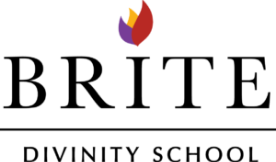During the January term, students enrolled in the Scripture and Civil Rights Travel Seminar, taught by Rev. Jeremy L. Williams, Ph.D., traveled to historical sites in the U.S. Deep South to track connections between racial violence and biblical interpretation in and around U.S. Civil Rights Movement of the 1950s and 1960s. Sites included Whitney Plantation, The National World War II Museum in New Orleans, the Legacy Sites of the Equal Justice Initiative in Montgomery, The King Center in Atlanta, 16th Street Baptist Church in Birmingham, and the Stax Museum of American Soul Music in Memphis. Students will participate in a Community Conversation later this semester to share their experiences with the community.
Your web browser is out of date. Update your browser for more security, speed and the best experience on this site.
Update your browser
























